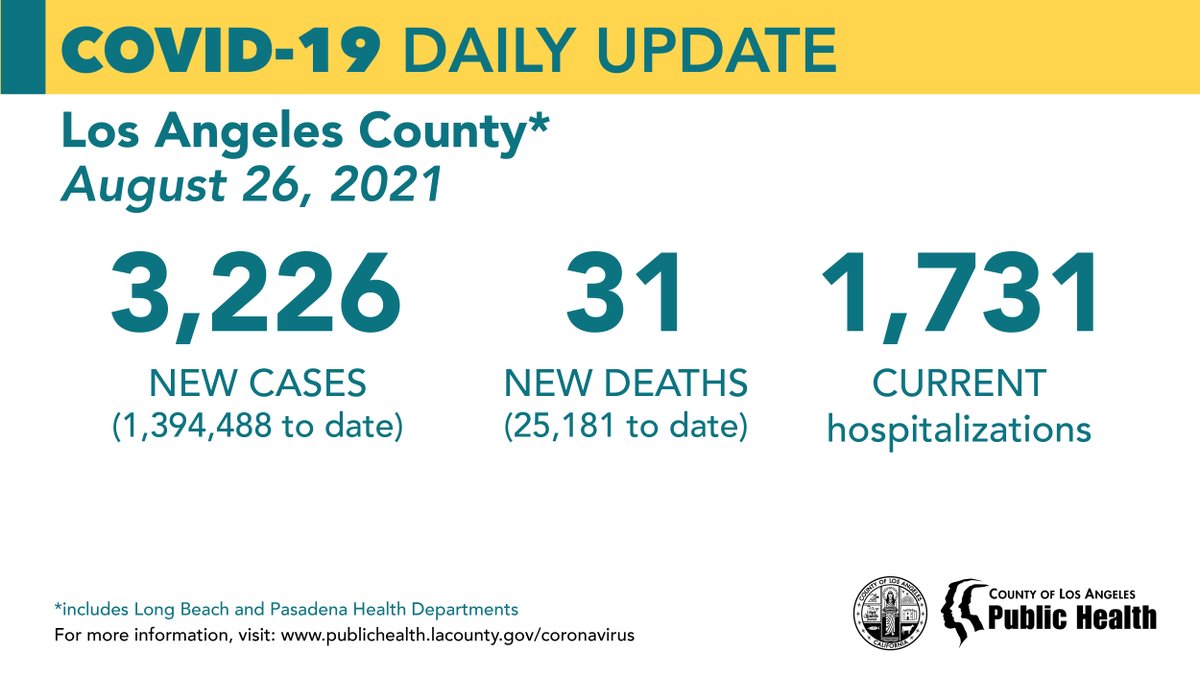Four Los Angeles City Council members introduced a motion Wednesday aimed at strengthening enforcement of a city ordinance that prohibits unpermitted and non-compliant Airbnbs and other short-term rental operations.
A study from McGill University prepared for Better Neighbors L.A. found that a third of the city’s advertised short-term rental listings have been illegal since the home sharing ordinance went into effect in 2018.
“We are in the midst of an unprecedented affordable housing crisis in Los Angeles — one that has only been exacerbated by the ongoing pandemic,” Councilwoman Nithya Raman said. “It is criminal for us to continue allowing rent-stabilized units to be removed from the city’s housing stock and to let tenants be subjected to displacement pressures because we are unable to enforce the ordinance. We must do better.”
Raman introduced the motion with Councilmen Bob Blumenfield, Mike Bonin and Paul Koretz. It was seconded by Councilman Kevin de Leon.
“The consequences of insufficient enforcement are significant. Short- term rentals have destabilizing effects in communities by removing units from the housing market and creating quality-of-life issues for neighbors,” it stated.
If passed, the motion would instruct the Department of City Planning to report back within 90 days on:
- recommendations for how the city can address non-compliant hosts who rent out properties listed as a primary residence but are not used as such, the conversion of affordable housing stock into short-term rentals, the conversion of multi-family residential structures to short-term rentals, short- term rentals engaging in commercial uses/activities, and properties that are rented for longer periods of time than permitted;
- enforcement mechanisms such as citations, fines, license revocations and criminal penalties;
- home sharing regulatory and enforcement models of other cities, including San Francisco, Austin and New Orleans;
- strategies for ensuring all home-sharing platforms that operate within the city enter into platform agreements requiring them to share data with the city;
- strategies for implementing and improving data collection; and
- what staffing or dedicated unit, office or department is needed to consolidate various aspects of home sharing compliance and enforcement in one multidisciplinary team.
The department would also be instructed to draft a report within 90 days for a plan to create a centralized, digital database or platform to better coordinate tracking of non-compliant properties. The platform would be used for monitoring and enforcement purposes.
The Department of City Planning would also be instructed to ensure that the public be able to view whether any property in the city has a home-sharing license, a home-sharing license renewal or an extended home-sharing license.
“There are still way too many platforms and companies that break the law, undermining tenants, tourism workers, and true home-sharers,” said James Elmendorf of Los Angeles Alliance for a New Economy. “We need tougher enforcement so that the city’s home-sharing ordinance can do what it was meant to do: prevent the removal of thousands of affordable long-term rental units from the market only to be replaced with short-term rentals and party houses.”







